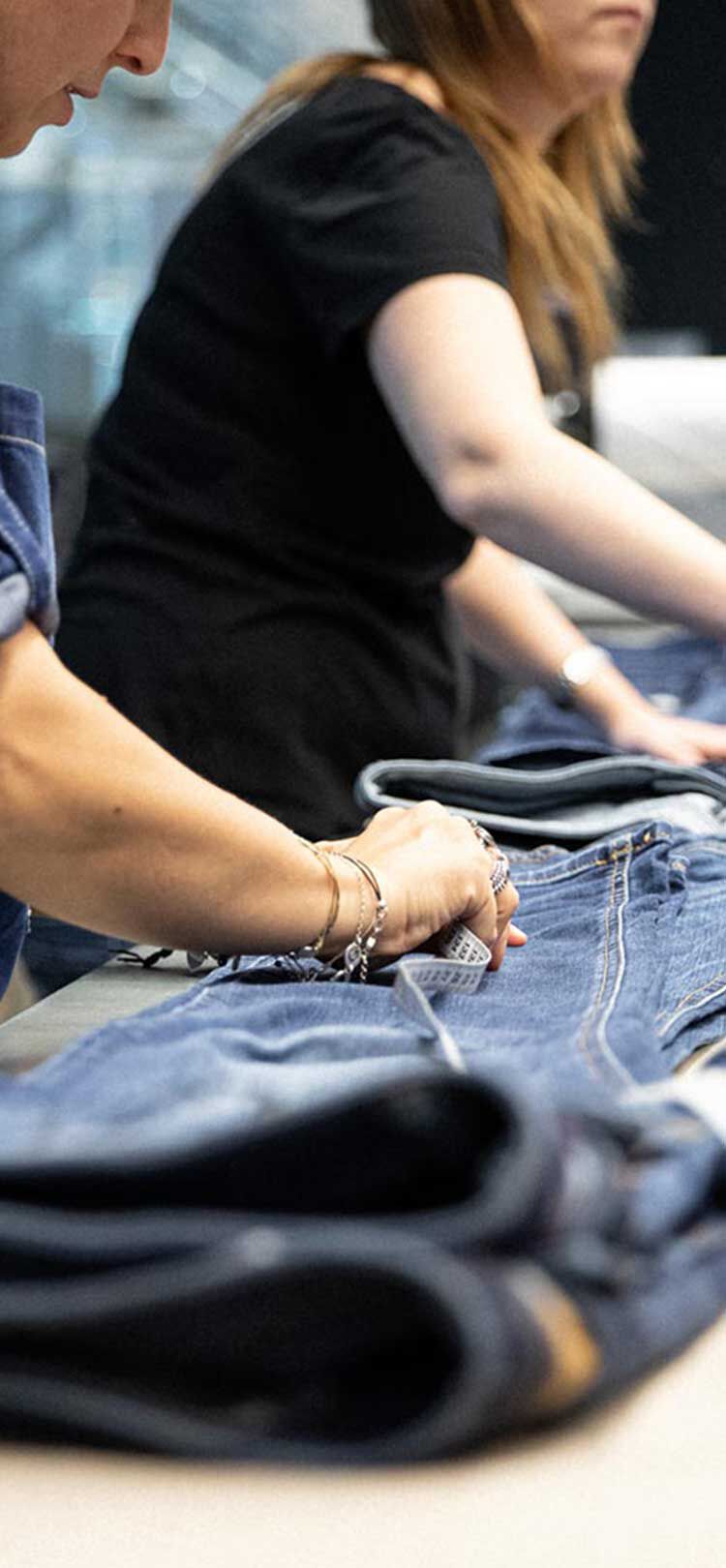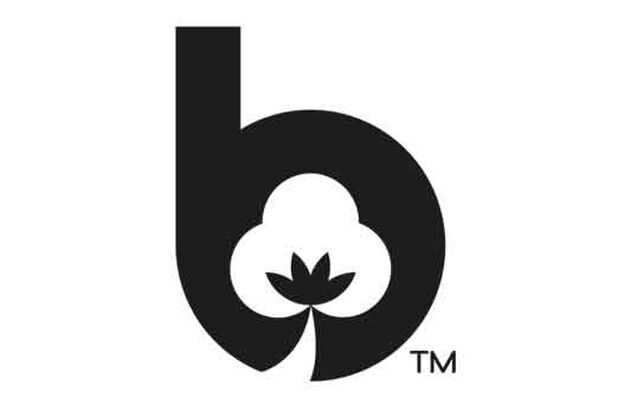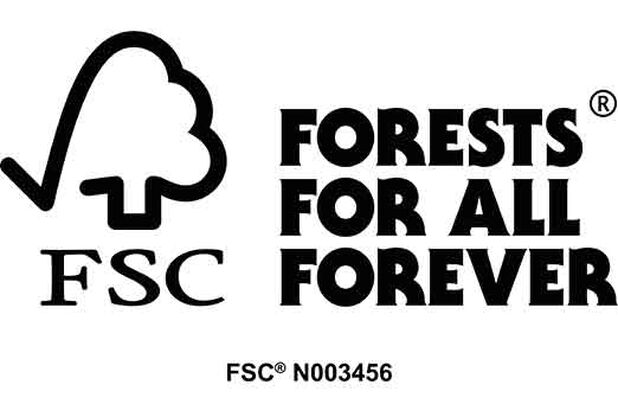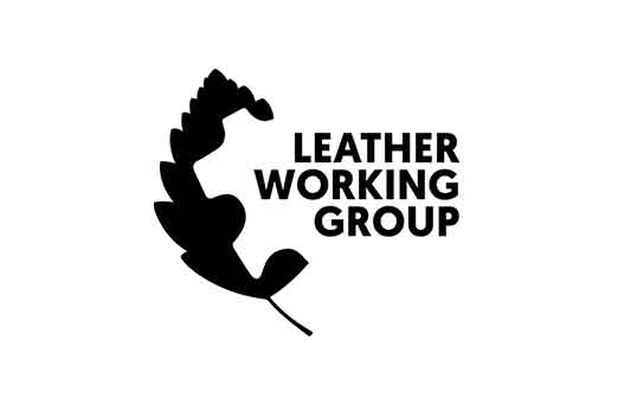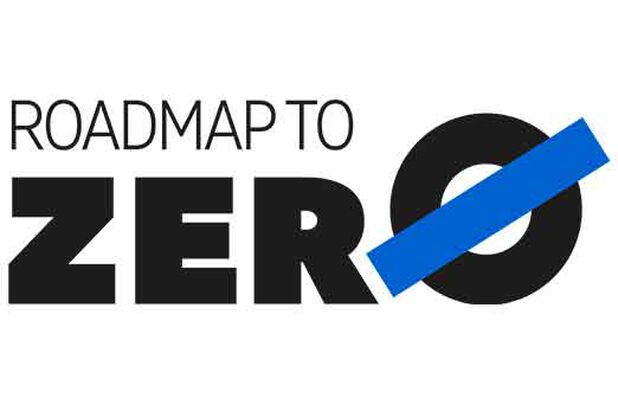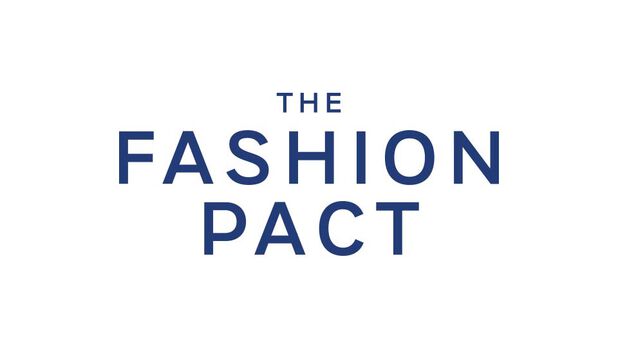Raw materials make up a significant percentage of the overall impact of our products, so the materials we use matter. By choosing to source lower impact materials particularly those that are certified organic or recycled, we can reduce the amount of water, energy and chemicals used and contribute to a fairer and healthier system for everyone across our supply chain.
To help our design, development and production teams make informed decisions about which materials to use, we have developed and implemented a PREFERRED MATERIALS MATRIX, rating materials from good to best. Wherever possible we will use certified organic or recycled materials in our products. In 2021, 73% of all the cotton we sourced was organic, recycled or Better Cotton.
Moreover, being a member of the Fashion Pact, we are committed to achieving at least 25% of lower impact key raw materials/ priority materials (as per Fashion Pact and Textile Exchange definition) by 2025.
Click here to find out more about our “PREFERRED MATERIALS MATRIX”
SPOTLIGHT: ORGANIC COTTON
Cotton being the most commonly used fibre in denim production, is the most widely used material in our collections, representing approximately 80% of the fibres we source. Cotton is grown on 2.4% of the world’s arable land but conventional cotton farming is responsible for approximately 16% of all agricultural insecticides used globally, more than any other single crop (ref. Pesticides Action Network). In contrast, organic farming uses natural methods of pest control such as crop rotation which supports biodiversity and improves soil health; healthy soil stores carbon and retains water. The benefits of organic farming are 360° as the prohibition of genetically modified seeds allows farmers to retain control of seed production and the minimisation of chemical inputs benefits human as well as environmental health. We believe organic is the future that is why we are increasing the proportion of organic cotton in our collection season on season.
